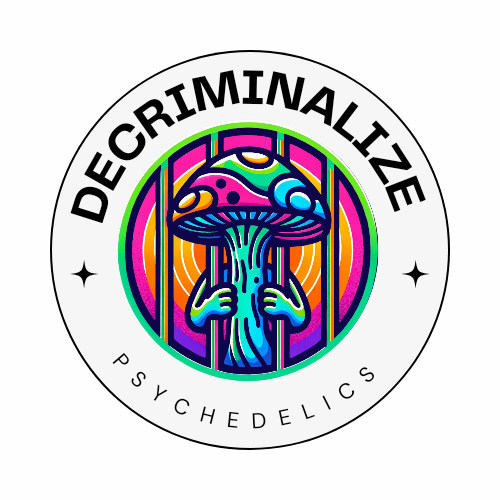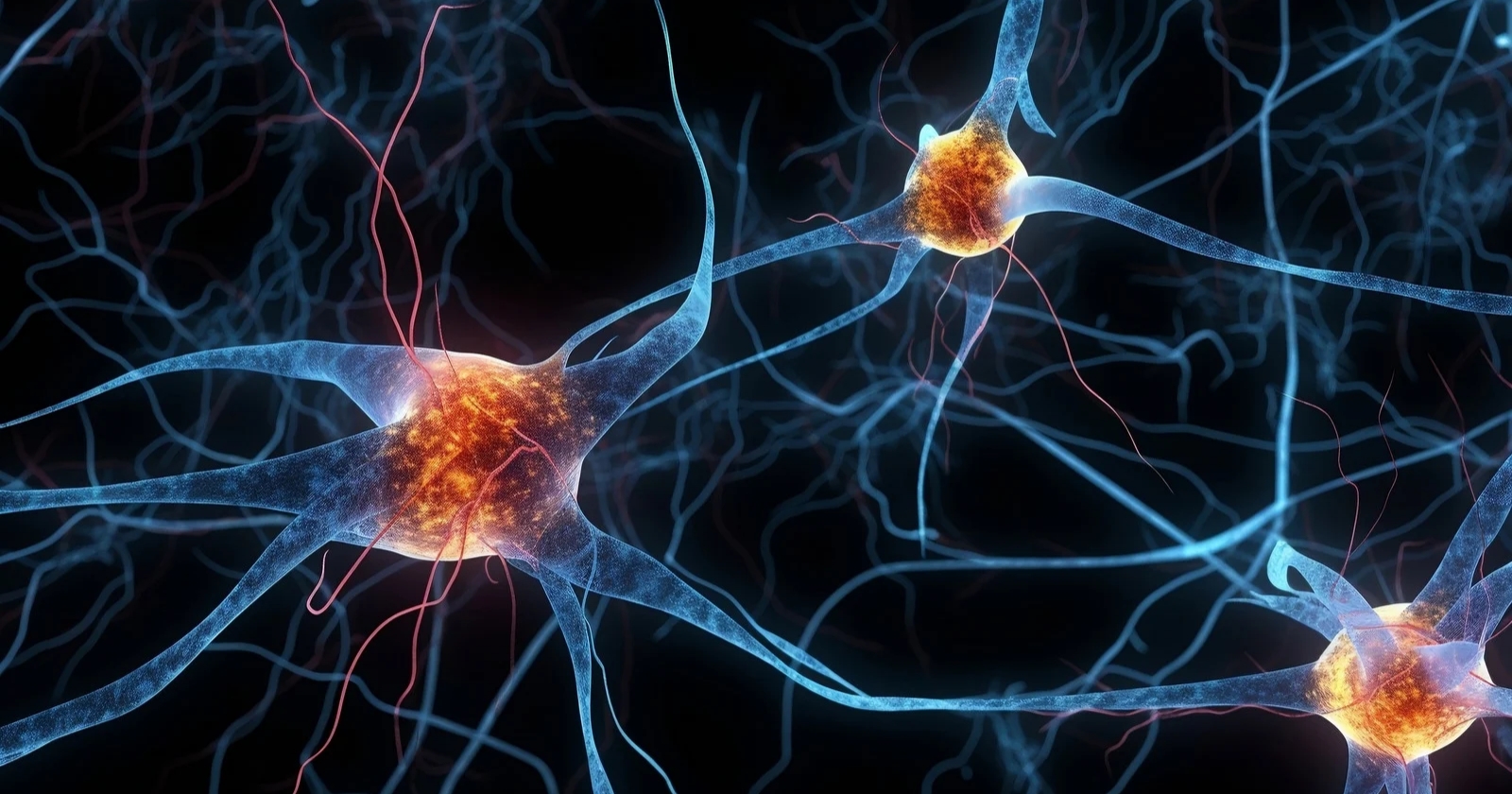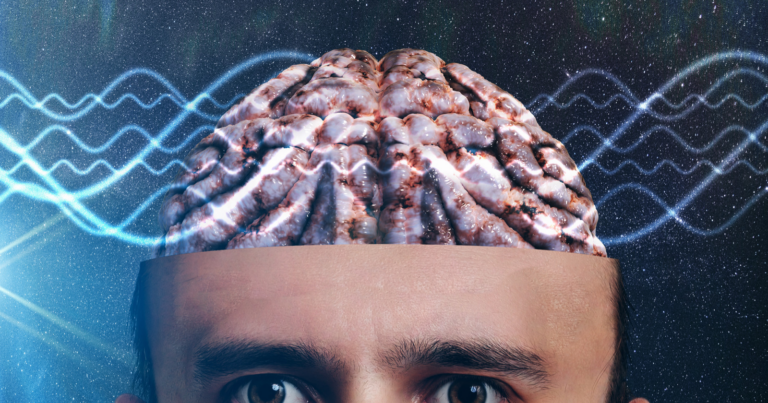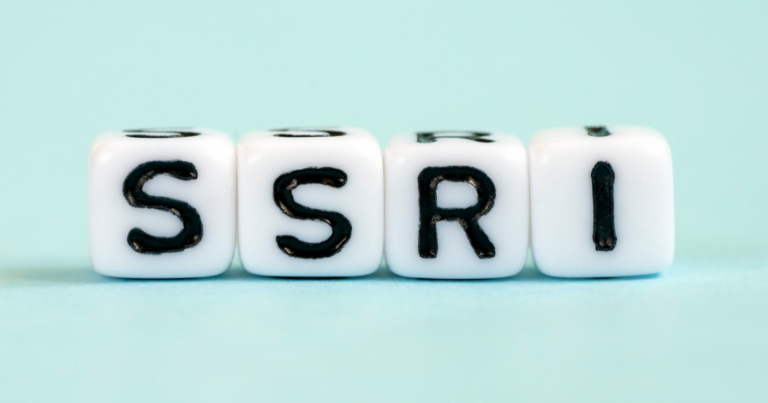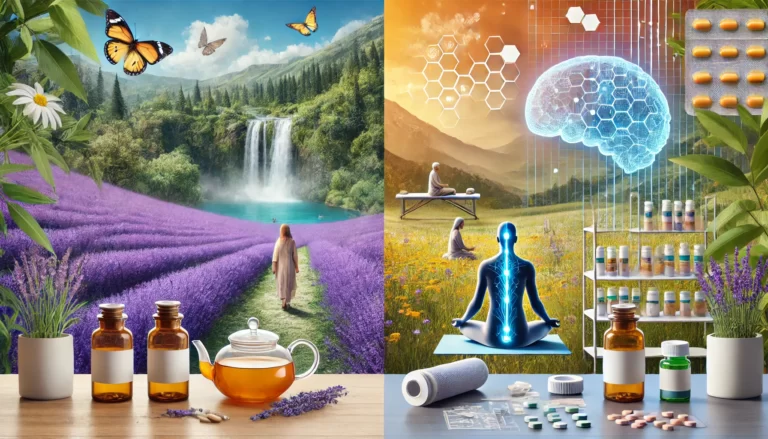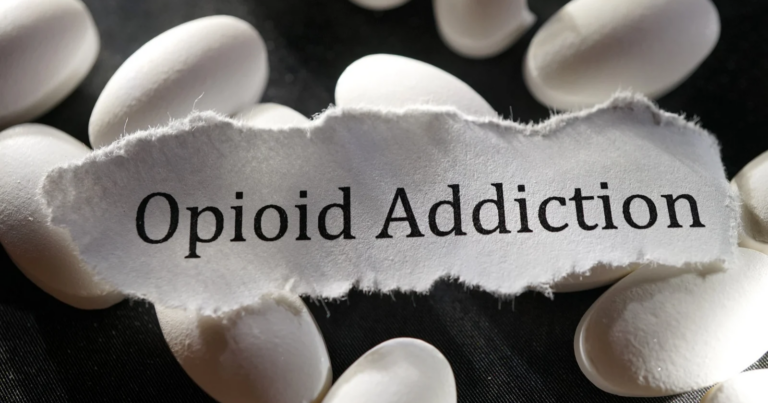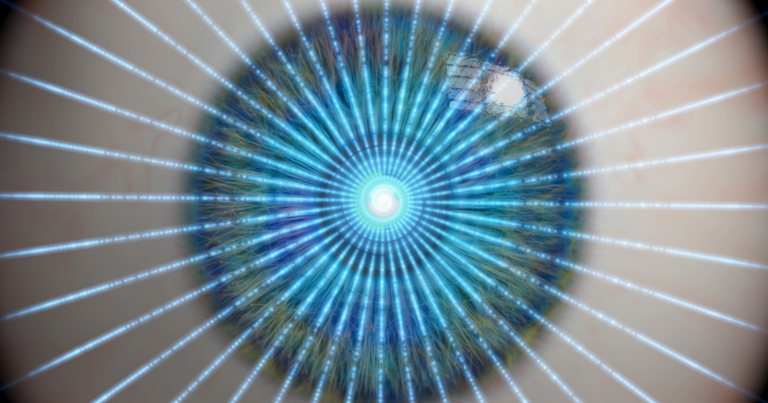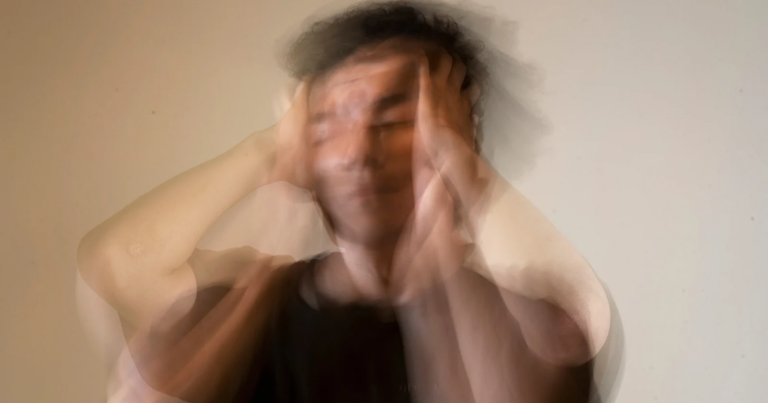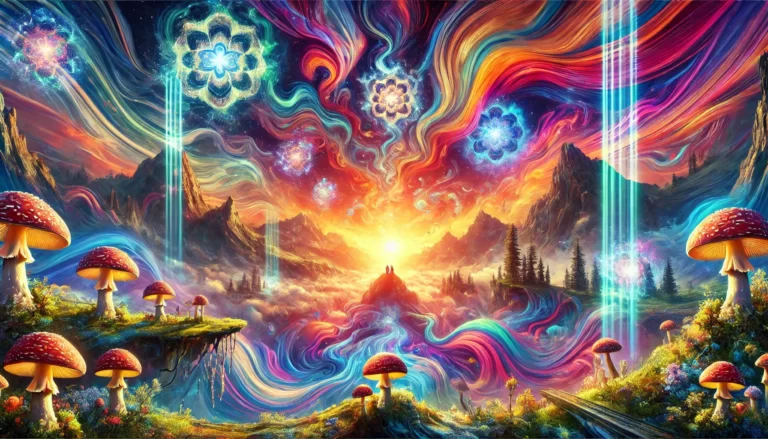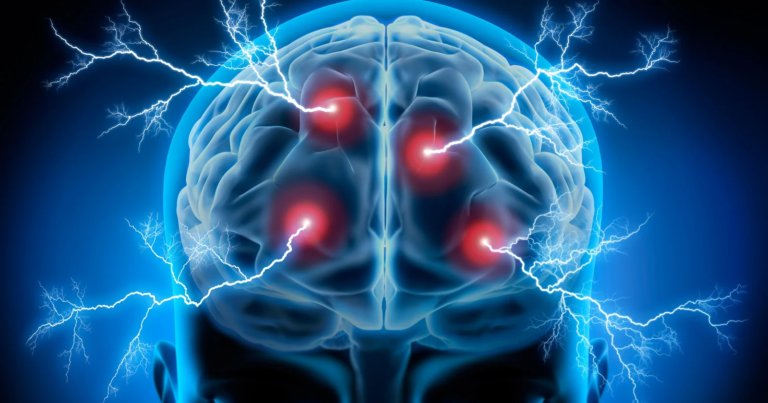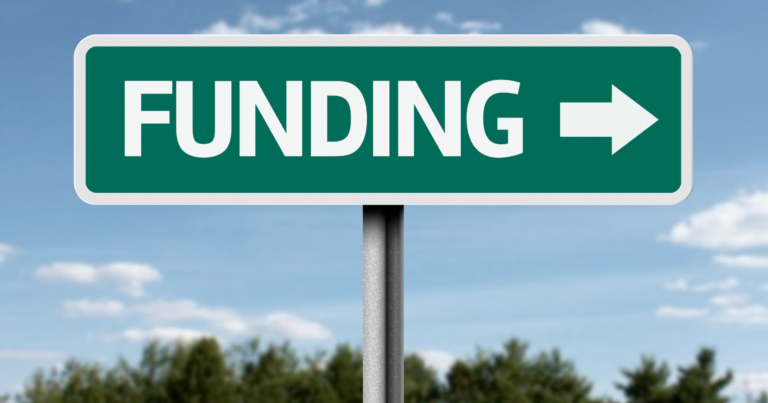In the reality we inhabit, preconceptions mean very little. But your experiences do.
It’s understandable. We’re navigating through an era of widespread misinformation and entrenched beliefs, so it stands to reason to understand the brain based on what it experiences rather than what we think we know about it.
Let’s delve deeper.
What holds even more significance than your experiences are the outcomes of those experiences. This implies that preconceptions are important, but only as far as they lead you to explore experiences that enhance your brain’s health and functionality, and by extension, your quality of life.
Here, I’ve outlined several reasons why your experiences, particularly those influenced by psychedelics, have a profound impact on neuroplasticity and brain health.
Psychedelics Enhance Neuroplasticity
Reflect on your brain right now.
Neural connections are formed and strengthened by themselves. Neurotransmitters are released by themselves. While processing these words, your brain has experienced countless neuron activations by itself.
If you’re going to understand the brain, it’s essential to accept that it’s largely self-regulating. It’s operating instinctively.
It’s crucial to discard the illusion of control that comes from believing our preconceived notions about the brain. They don’t define it. The brain’s experiences do, and they are most potent when they occur naturally. When it reacts instinctively.
If you can stop relying on age-old beliefs and start creating conditions for your brain to optimally function, the benefits will become evident in your life. You won’t need to exert extra effort.
You will be able to relinquish the need to control your brain’s health and instead, trust its inherent capabilities.
Psychedelics don’t Create New Experiences
This realization emerged from studying the effects of psychedelics on the brain from numerous scientific researches.
Guidance on using psychedelics often revolves around “seeking a new experience” or “expanding your consciousness”. While this is popularly advocated in many circles, it’s not an entirely accurate representation of what occurs.
Rather, the use of psychedelics facilitates an “amplification” of existing neural patterns. It comes from intensifying your already present neurological activities. As one neuroscientist explains:
“Consider your brain activity. Don’t manipulate it—no forcing of positive thoughts, no suppression of negative emotions—just observe whatever the brain is experiencing. Don’t interfere with it, don’t inhibit it, don’t suppress it; don’t perform any action at all on your part. You just be an observer, and the miracle of observing is the key to understanding. As you observe, slowly the brain becomes full of experiences; but you are not becoming overwhelmed, you are becoming more alert, more understanding.”
When you aim to “create new experiences” all the time through psychedelics, you give too much power to the substance itself. You overlook your brain’s inherent capability.
Now, I attribute less power to the substances themselves. Sometimes I have profound experiences. Other times I’m having challenging insights. I don’t worry about this anymore.
The Brain isn’t Passive in Psychedelic Experiences
Contemplating the brain’s role in psychedelic experiences led me to a surprising revelation.
The notion of “altered consciousness” stems from the idea that psychedelics are the drivers of change in our mental state. But, the truth is that the brain itself interprets and creates meaning from these experiences.
Let me clarify.
Consider your brain at this moment. It learns by itself. It adapts by itself. Your neurons form connections by themselves. While absorbing this information, your brain has processed countless pieces of data by itself.
If you’re going to explore the effects of psychedelics, it’s crucial to accept that your brain isn’t merely a passive recipient. It’s actively engaged.
We must discard the illusion of passivity that comes from believing psychedelics create our experiences. They don’t. The brain’s interpretation and response do, and they are most impactful when they happen instinctively. When the brain acts naturally.
If you can stop relying on misconceptions and start fostering conditions for your brain to interpret and respond healthily to psychedelics, the benefits will manifest in your life. You won’t need to exert as much effort.
You will be able to surrender the need to control your experiences.
Psychedelics are not the Final Solution
I began this article by focusing on experiences and outcomes.
Interestingly, experiences and outcomes also justify how we perceive psychedelics.
In my case, I tend to delve deep into the research. I become engrossed in the latest findings on neuroplasticity and brain health.
My interests are genuine. The field of psychedelics has the potential to revolutionize our understanding of the brain.
But when I get so engrossed, I can slip into the habit of thinking that psychedelics are the ultimate answer to brain health. I can become detached from other critical aspects of cognitive wellbeing. I become overly focused and possibly overlook other significant factors in brain health.
If I judged myself for my interests, I wouldn’t question my perspective.
Instead, because I don’t fixate on my interests alone, I am more able to reflect on my understanding and broaden my perspective. I am learning to balance my enthusiasm for psychedelics with a holistic appreciation of brain health.
The holistic approach to brain health is what matters, not just the psychedelics that enhance it.
Psychedelics Sparked my Curiosity
This was a personal revelation for me.
Like many, I was initially drawn to the allure of psychedelics due to their potential for profound, transformative experiences. The promise of enhanced creativity and a deeper understanding of myself was too enticing to ignore.
Let me share an instance.
A few years ago, I had my first experience with psychedelics. I remember the anticipation, the nervousness, and the excitement leading up to it. What happened next was a whirlwind of emotions and sensory revelations that I could not have prepared myself for.
The experience itself was overwhelming, but it was the aftermath that truly caught me off guard. In the days and weeks following, I found myself more curious, more open-minded, and more interested in understanding the intricacies of my mind.
It was as if a switch had been flipped. Suddenly, I was reading up on neuroscience, psychology, and spirituality. I began attending lectures, seminars, and workshops. I found myself in discussions about consciousness, neural networks, and brain health that I would never have engaged in before.
What started as a curiosity about psychedelics turned into an unexpected journey of self-discovery and education. It ignited a passion for understanding the brain and its potential that continues to this day.
The lesson for me? Psychedelics were not just about the experiences they provided. They were a catalyst that sparked a deeper interest in understanding myself and the world around me.
Psychedelics Facilitate Neurogenesis
The field of neuroscience has revealed an intriguing aspect of psychedelics and their interaction with our brain. They have the potential to stimulate the growth of new neurons, a process known as neurogenesis.
Here’s the crucial point:
This observation implores us to reconsider our understanding of brain health, to recognize the dynamic nature of our brain, and to appreciate the potential for growth and change at any age.
For those grappling with cognitive decline or mental health issues, the possibility of neurogenesis can offer a beacon of hope. It’s a reminder that our brain is not static but a thriving ecosystem capable of regeneration and growth.
Recognizing this capability of psychedelics to stimulate neurogenesis can shift our perspective on brain health and open up new avenues for therapeutic interventions.
Psychedelics don’t Guarantee Transformation
While the potential of psychedelics to enhance neuroplasticity and stimulate neurogenesis is compelling, it’s crucial to understand that they are not a magic bullet for mental transformation.
You see, the role of psychedelics is more akin to a facilitator than a fixer.
They can open doors to new neural pathways and intensify our experiences, but the meaningful interpretation and integration of these experiences largely depend on us.
This means that merely using psychedelics does not guarantee cognitive improvement or emotional breakthroughs. A significant part of the journey involves personal introspection, conscious integration, and an openness to change.
Embracing this nuanced understanding can help us approach the use of psychedelics with realistic expectations and a healthy respect for our role in our mental evolution.
Bottom Line
The complexities of human cognition and adaptability often have deep-rooted connections with our neurobiology.
One such connection is the relationship between psychedelics and a process known as neuroplasticity.
This process, integral to all living beings, acts as a cornerstone in the brain, playing a pivotal role in various functions.
For those exploring the realm of psychedelics, neuroplasticity might be a determining factor in their transformative experiences. The process potentially induces a sense of enlightenment and self-awareness when they engage in introspective activities under the influence of these substances.
Whether it’s navigating the depths of self-perception, losing oneself in a wave of creativity, sketching a masterpiece, or immersing in the beauty of nature, the underlying neurobiology might be amplifying their experience.
Psychedelics don’t hold the magic key to instant enlightenment or cognitive enhancement. Yet, they do present an intriguing avenue to explore our brain’s potential for adaptability and transformation. As we continue to unravel their mysteries, we may find ourselves not only questioning our understanding of psychedelics but also reevaluating our perception of consciousness and cognitive health.
